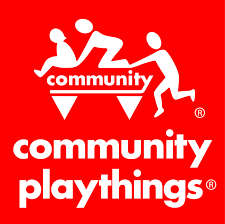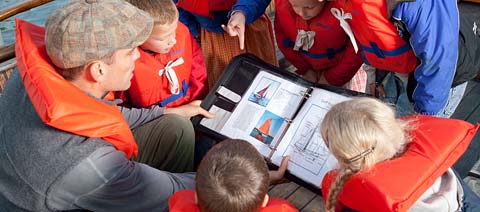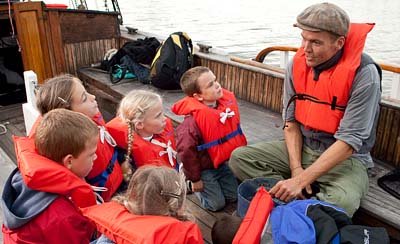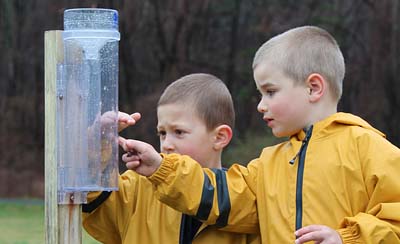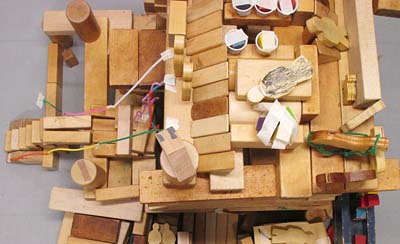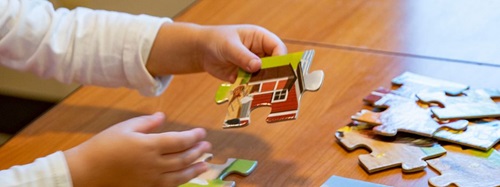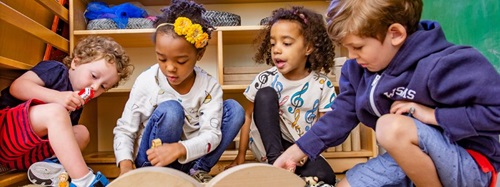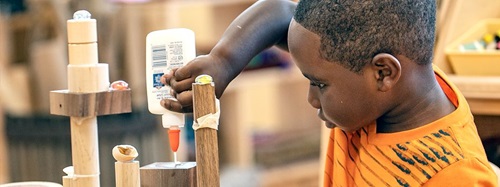The Project Approach to Teaching and Learning
| May 2013What is the Project Approach?
The Project Approach offers teachers a way to develop in-depth thinking while engaging the hearts and minds of young children. Teachers take a strong guidance role in the process while children study topics with purpose and flexibility. Project work presents many opportunities for young children’s ideas to be valued, their creativity to be encouraged, their interests to be nurtured, and for their learning needs to be met.
In early childhood, projects can be defined as open ended studies of everyday topics which are worthy of being included in an educational program. Projects emerge from the questions children raise and develop according to their particular interests. Rather than offering immediate answers to the questions children ask, teachers provide experiences through which children can discover the answers themselves through inquiry at field sites and interviewing experts. For example, if the children wonder what shoes are made of or how are they made, the teacher may arrange a field visit where the answer to these questions can be provided by an expert, in this case a shoe factory, the shoe repair man’s shop, or a shoe store. Children also consult secondary sources of information such as books and the internet in the classroom and with their parents at home.
Project investigations promote in-depth understanding and cover a wide range of relevant subtopics. For this reason projects usually take several weeks to complete—and sometimes much longer, depending on the age and interests of the children.
The Project Approach, then, is the method of teaching children through project investigations. Because project work follows an unpredictable path based on the interests of particular children, a flexible framework to support teachers has been developed. This framework makes the inquiry more manageable: it shapes the development of the area of investigation. Teachers guide children through a three phase process from the beginning of a project to its conclusion. You may find the Project Planning Journal helpful in understanding and implementing project work. It’s from the book Young Investigators: The Project Approach in the Early Years by Judy Harris Helm and Lilian G. Katz.
